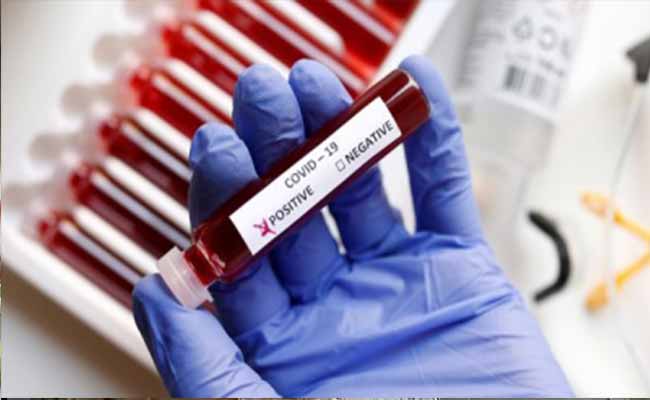Challenge Studies: Infecting Humans With COVID-19 May Speed Up Vaccine Process, Says WHO

Deliberately infecting healthy volunteers with the virus that causes COVID-19 may speed studies of vaccines against the deadly pathogen, said a working group of World Health Organisation (WHO) in a report posted on its website on Wednesday.
These are called ‘Challenge Studies’.
What are they?
They pose significant potential dangers to subjects and may be considered in dire situations and with certain disclosures and protections. In Challenge Studies, treatments or preventatives are tested directly against the infection in informed volunteers and might speed the path of finding a vaccine.
Faster
Challenge Studies “can be substantially faster to conduct than vaccine field trials,” according to the working group paper, “in part because far fewer participants need to be exposed to experimental vaccines to provide (preliminary) estimates of efficacy and safety.”
Conditions
The report laid out eight conditions that would need to be fulfilled for Challenge Studies to be considered, including scientific justification, an assessment of potential benefits and the fully informed consent of subjects.
Who could be the volunteers?
Initial studies should be limited to young, healthy adults from 18 to 30 years old. Tests might prioritise those who are most likely to get infected while taking care not to inappropriately target the poor and otherwise socially vulnerable, the report said. Healthcare workers and researchers would be particularly appropriate for coronavirus Challenge Studies, according to the report, as they already face a higher probability of infection and are well informed about its risks.
Danger
Challenge studies hold the potential to reduce coronavirus mortality around the world but pose significant potential dangers for volunteers, scientists led by Marc Lipsitch, a Harvard School of Public Health epidemiologist, suggested in a recent paper.
“Obviously, challenging volunteers with this live virus risks inducing severe disease and possibly even death,” they said in March in an article in the Journal of Infectious Diseases.
Vaccines are usually tested in a large group whose results are compared with those from a separate group of unvaccinated people. Waiting for both groups to become exposed to the illness in their regular daily lives can take months, while challenge studies would ensure that the subjects would promptly come into contact with the virus.

Comments are closed.